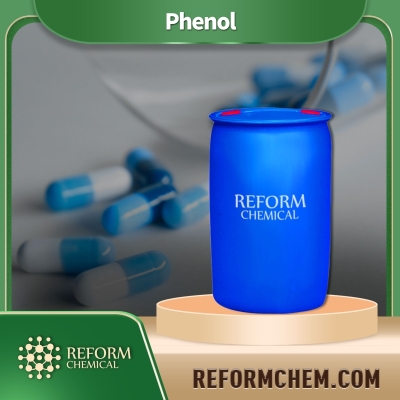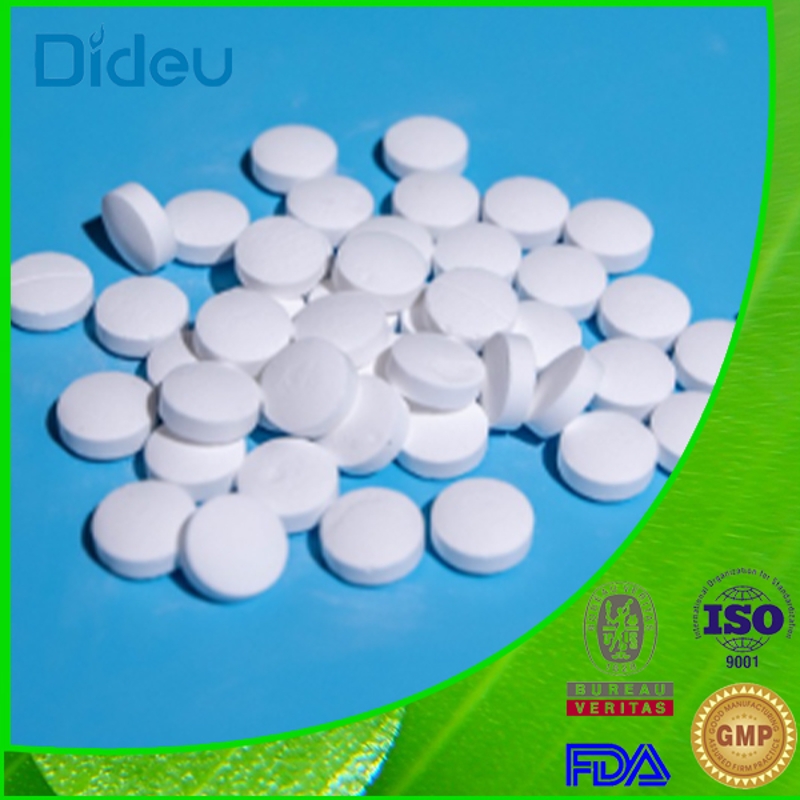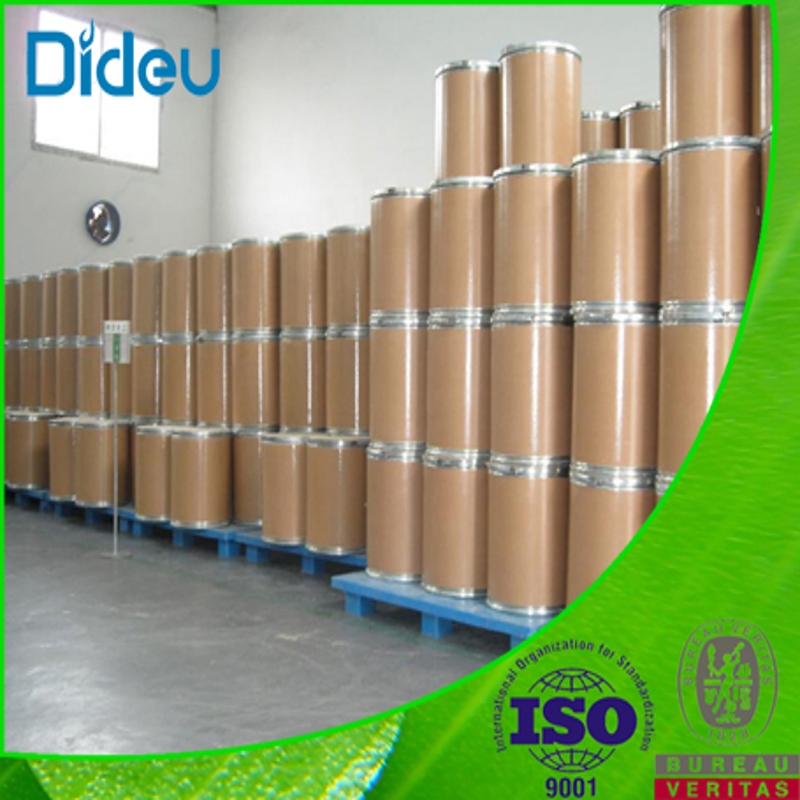-
Categories
-
Pharmaceutical Intermediates
-
Active Pharmaceutical Ingredients
-
Food Additives
- Industrial Coatings
- Agrochemicals
- Dyes and Pigments
- Surfactant
- Flavors and Fragrances
- Chemical Reagents
- Catalyst and Auxiliary
- Natural Products
- Inorganic Chemistry
-
Organic Chemistry
-
Biochemical Engineering
- Analytical Chemistry
-
Cosmetic Ingredient
- Water Treatment Chemical
-
Pharmaceutical Intermediates
Promotion
ECHEMI Mall
Wholesale
Weekly Price
Exhibition
News
-
Trade Service
The chemical industry plays a vital role in producing essential products that are used in various industries, including pharmaceuticals, cosmetics, food, and agriculture.
One of the key processes in the chemical industry is the production of intermediates, which are used to manufacture final products.
One such intermediate is Atovaquone, which is an important precursor in the production of several downstream products.
In this article, we will discuss the upstream and downstream products of Atovaquone and their significance in the chemical industry.
Upstream Products
Atovaquone is an intermediate product that is used in the production of several downstream products.
The upstream products are the raw materials and chemicals used in the production of Atovaquone.
One of the key upstream products for the production of Atovaquone is 4-chloro-2-methylphenol, which is a raw material used in the manufacturing process.
Other upstream products include methylene chloride, chlorine, and acid, which are used as reagents in the production of Atovaquone.
Downstream Products
Atovaquone is a versatile intermediate that is used in the production of several downstream products.
One of the most important downstream products is the antimalarial drug, Primaquine.
Primaquine is used to treat and prevent malaria and is an essential drug in many countries.
Atovaquone is used as an intermediate in the production of Primaquine, which makes it an essential component in the manufacture of this lifesaving drug.
Another important downstream product of Atovaquone is the fungicide, Mancozeb.
Mancozeb is used to control fungal diseases in crops, including corn, soybeans, and wheat.
Atovaquone is used as a precursor in the production of Mancozeb, which makes it a critical component in the manufacture of this fungicide.
Other downstream products of Atovaquone include herbicides, insecticides, and fungicides, which are used in various industries, including agriculture, horticulture, and forestry.
These products are essential for the management of pests and weeds, which can cause significant damage to crops and forests.
The Significance of Atovaquone in the Chemical Industry
Atovaquone is an essential intermediate product that is used in the production of several downstream products, including antimalarial drugs and fungicides.
The production of Atovaquone requires the use of several upstream products, including 4-chloro-2-methylphenol and various reagents.
The intermediate nature of Atovaquone makes it a critical component in the manufacture of several essential products in the chemical industry.
The importance of Atovaquone in the production of downstream products cannot be overstated.
The antimalarial drug, Primaquine, is an essential drug in many countries and is used to treat and prevent malaria.
The fungicide, Mancozeb, is used to control fungal diseases in crops and is an essential component in the management of pests and weeds in various industries.
The production of these and other downstream products would not be possible without the use of Atovaquone as an intermediate.
In conclusion, Atovaquone is an important intermediate product that is used in the production of several downstream products, including antimalarial drugs and fungicides.
The production of Atovaquone requires the use of several upstream products and is an essential component in the manufacture of these and other essential products in the chemical industry.
The significance of Atovaquone in the chemical industry cannot be overstated and highlights the importance of intermediate products in the production of essential chemicals.







